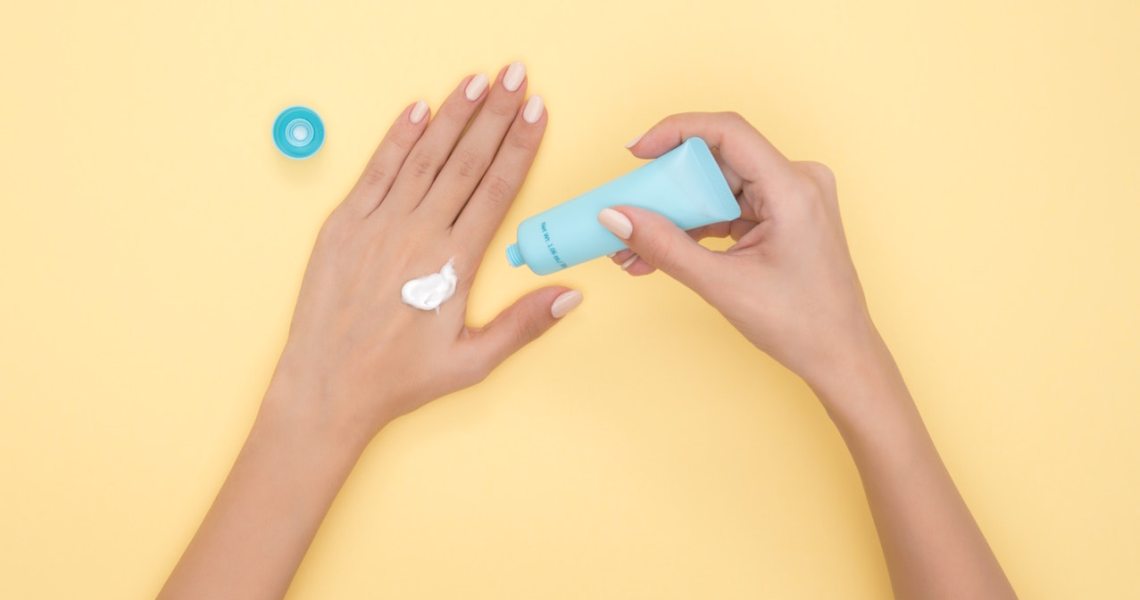Faced with steep competition and record buyout prices for beauty brands, private equity firms will get more creative with their investment strategies in the coming year.
Despite the indie beauty boom, there are currently few middle-market-sized companies available for sale, which pushes up prices and could potentially cause a pricing bubble. Recent, notable private-equity deals in beauty have included General Atlantic’s majority stake in Morphe in August, an acquisition of Olaplex by Advent International in November and Lawless Beauty’s minority investment from Cult Capital in December. As a result, private equity firms will likely look to smaller brands, as well as ancillary businesses, such as those in manufacturing and technology.
“The trend will be private equity companies getting involved in brands earlier and taking on a minority stake versus majority control,” said Nanette Heide, partner at Duane Morris law firm, which represents private equity and venture capital firms. “They’ll blur the lines of venture capital in order to make sure they are in early enough, because then brands can catch fire and sell within 16 months.”
In the past, private-equity firms wanted a brand to prove itself in the market by growing to approximately $30 million to $50 million in revenue before stepping in, but that is no longer the case, said Steve Berg, former Castanea Partners managing partner. Berg’s past and present clients include Drybar, Tatcha and Urban Decay; he is also a partner at Stride Consumer Partners.
“We’re seeing private equity firms become more convinced that a brand has proven [its potential] even at smaller revenue numbers,” said Berg. “We are also seeing founders more willing to consider private equity partners, and I think it’s because there have been more success stories.”
The impact that earlier exposure to private equity could have for smaller brands is rapid-fire sales growth and faster maturity of a corporate infrastructure. A bit of that is already starting to happen: Private equity firm LB Equity formed an early-stage fund of $50 million to invest in CBD beauty and wellness brands in January. This was done in the hope of beating strategic investors if and when they become ready to take the plunge into CBD beauty and wellness products.
Ultimately, this means that private equity firms will take on more risk, but positive outcomes will exceed their typical 200% to 400% ROI if they get in from the ground floor. Faced with a variety of macro- and micro-economic pressures, private equity as an industry has been sourcing for ways to generate returns on par with what they have enjoyed over the last several years.
Ad position: web_incontent_pos1
Some firms are eschewing investing in brands in favor of going after the companies that create the beauty industry’s infrastructure. Such is the case with Bain Capital, which invested in turnkey manufacturer and beauty incubator Maesa in March. More ancillary deals and smaller deals are likely to take place in the coming year, said Sarah Willersdorf, a Boston Consulting Group analyst.
“While the [investing] environment is perhaps more challenging than the past decade, we still expect reasonable activity in the beauty and skin-care space,” she said. “There is an acknowledgment within beauty that brands can grow tremendously quickly, especially if they have access to an audience or can build a community following.”




